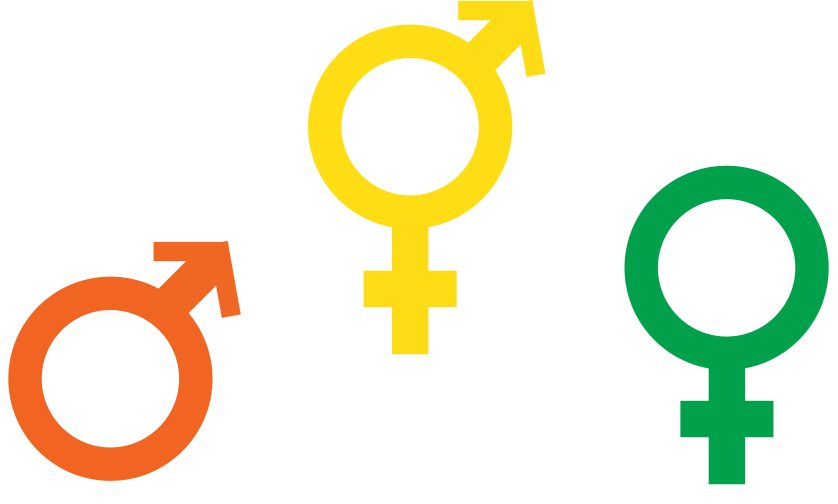Expanded Gender Studies program will better serve students
Students at Utah State University will have better access to health and academic resources through an expanded gender studies program, school officials announced in August.
The Center for Intersectional Gender Studies and Research will be directed by Christy Glass, a professor of sociology at Utah State. In that capacity, Glass will build upon the previous Center for Women and Gender, a 2009 merger of three programs: Women’s Center Student Services, Women Research, and Gender Studies, all of which are now offered by the Inclusion Center after the CFWG closed on Aug. 1.
Intersectionality is the idea the center will be built upon. According to Glass, it means different forms of identity — such as sexual orientation, race and country of origin — “intersect with gender to shape human-lived experience.” She hopes the center, once fully realized, will utilize the theory of intersectionality to provide an interdisciplinary curriculum for students, as well as “programming for an inclusive and equitable community.”
Through input from stakeholders across the campus and community, Glass and a gender studies committee discovered intersectionality could increase their effectiveness across disciplines in two ways.
“Number one, we really want to emphasize the focus on research,” Glass said. “Number two, we really want to refocus gender studies.”
To best accomplish this, the Center for Intersectional Gender Studies and Research was created to focus on lending research opportunities to students and extending the idea of diverse and intersectional viewpoints across all departments on campus.
“My hope for this program is that it will enrich USU’s ability to train students to be creative problem solvers and critical thinkers as citizens and in our private lives, but also as really successful contributors to whatever our professional fields are,” Glass said.
Over the course of two years, Glass will serve as the interim director and lead a committee to determine the exact coursework and areas of study to best impact academics across the university.
While these changes will help expand research and the academics of gender studies, they will also make support services more accessible.
Previously, support for students were housed in an academic unit, which made it difficult for students to take advantage of those services, according to Sarah Timmerman, the academic adviser for Women and Gender Studies. Now, the CFWG’s academic and support services will be split into two different departments that will be better equipped to handle their respective tasks.
Meg Rasmussen, the president of the Women and Gender Studies Honor Society, has enjoyed those services and sense of unity the CFWG brought to campus.
“We want to support each other,” Rasmussen said. “And then we also want to support our community.”
In a letter released following the closure of the CFWG, President Noelle Cockett assured university community members she has no intention of stepping back from the school’s commitment to gender equity and inclusion.
“We have decided to restructure our gender studies programs in a way that will leave in place the important mission of the center while at the same time actually broadening and strengthening our commitment,” she said.
—william.bultez@aggiemail.usu.edu
@willistheginger

